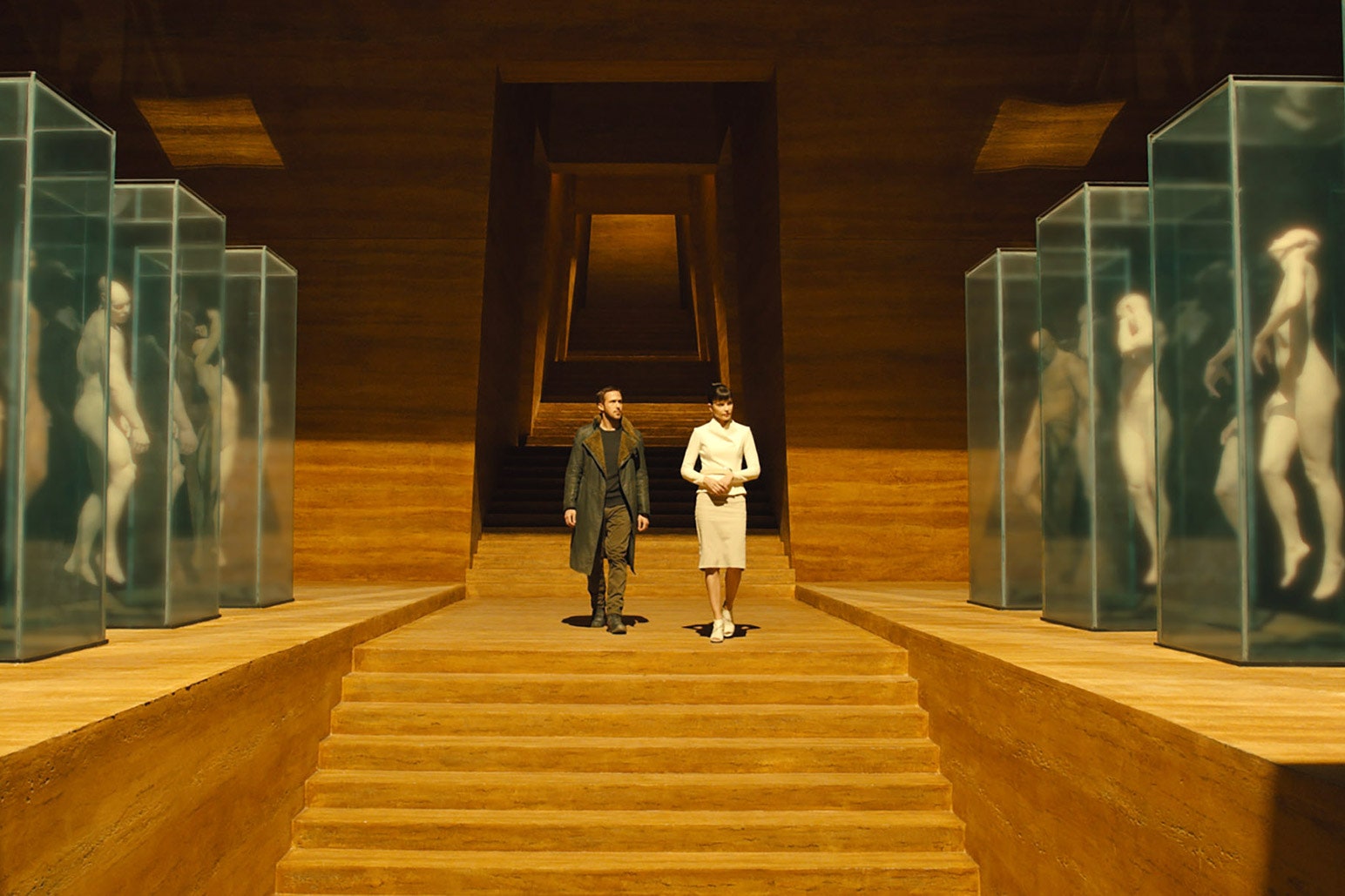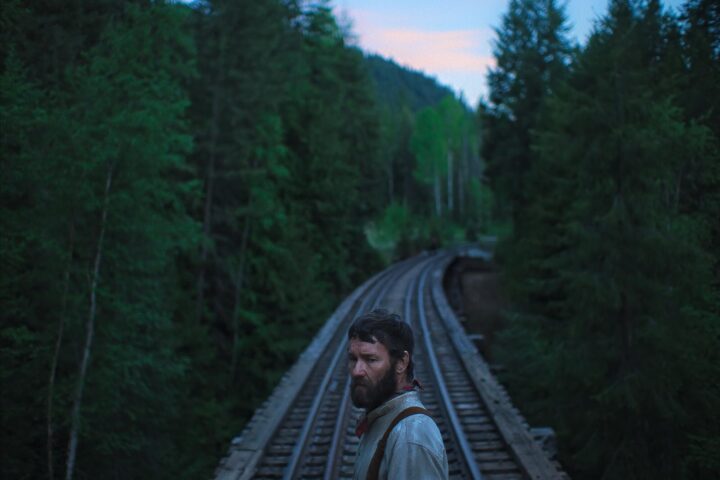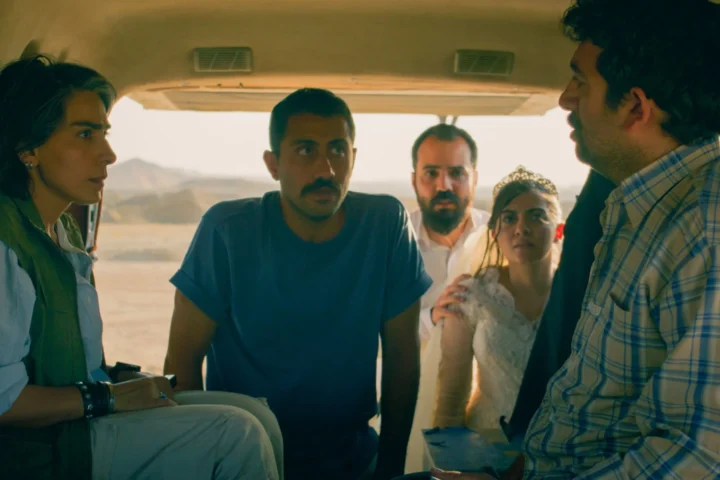A magnificent technical achievement, Blade Runner 2049 must be seen on the big screen for is visual and aural accomplishments which are, frankly, staggering. As directed by Denis Villeneuve, shot by Roger Deakins and scored by Hans Zimmer, it’s as intensely cinematic as anything you’re likely to ever see, and those elements are reason enough to recommend it. Yet for all its sophisticated wizardry, it isn’t quite as compelling as story (and doesn’t that sound circa 1982 familiar?).
It’s a movie that is very much of its time—meaning overly complex, twisty, revelatory then reversals—while reverent to its predecessor, which is to say that it gets the downbeat world of Ridley Scott’s now-classic just right, including the recreation of the late, great Jordan Cronenweth’s designer griminess of a burnt out 2019 Los Angeles of rain slicked shadows lit by flickering neon where overcrowded lost souls wander.
Scott’s picture presented both a progressive and transgressive world view, and its tale of gumshoe cop Rick Deckard (Harrison Ford) trailing a handful of “skin job” androids run amok, memorably played by Joanna Cassidy, Daryl Hannah and especially Rutger Hauer, was a meditation on the absence of the soul and struggle to be human. The irony was that the replicants Deckard tracked had more life in them than the depressed cop assigned to their termination.
Flash forward to 2049 and things haven’t changed all that much. The world remains strikingly the same, as does the demeanor of the new cop, K (Ryan Gosling), a sullen hunter with the same mission—track down and eliminate a new crop of replicants again threatening society (even though this time we created them to help with the survival of humans). His boss (authoritative Robin Wright) wants it done by any means necessary but seems genuinely concerned for his well-being.
Picture opens with K in a wall-smashing mano-a-roboto with a hulking replicant played by Dave Bautista, who informs him that he’s “never seen a miracle,” an assertion which will continue to haunt him. His home—a lovingly designed apartment which looks very close to Deckard’s in the original film—is somewhat more pleasant, including his hologram girlfriend (Ana de Armas), ever present and overjoyed that he’s upgraded her to be able to step into the outside world.
It isn’t long before K begins hunting not just replicants but his own past, spurred on by a memory of a wooden toy and a grave that may hold a clue; it leads him to blind yet omniscient entrepreneur inventor Wallace (Jared Leto), manufacturer of replicants and flanked by hard-driving creation Luv (Sylvia Hoeks, impressive), a stylish butt-kicker who can take anyone—anyone—down.
The mystery deepens in the picture’s midsection, which is deliberately paced and slows the movie down considerably until the 95-minute point when Harrison Ford shows up to show everyone how it’s done (and does he ever). Holed up in a Las-Vegas-esque hotel with holograms of Elvis (performing Suspicious Minds, no less) and Frank Sinatra, Deckard is suspicious of his younger visage but going through his own issue after fleeing with replicant Rachel (Sean Young) thirty years ago.
The pairing of Ford and Gosling is effective, a past-present bridge allowing Ford to reveal a melancholy soulfulness that the younger man knows too soon, and too well, questioning his own memories much as Deckard questioned Rachel’s in the first picture. Ridley Scott’s assertion that Deckard was a replicant all along irked Ford, who has always refuted the revisionism.
Studio dictates provided a laundry list of plot developments and cameos not to be discussed in reviews, so it is challenging to be thorough in an assessment, but suffice to say the picture has unintentional relevance by questioning, as in today’s world, just who is human and who is less.
It may be true that Villenueve (Incendies, Prisoners, Sicario, Arrival) is amongst the best filmmakers in the world today and he misses none of the picture’s visual poetry while illuminating screenwriter Hampton Fancher’s ruminations on what makes a person.
Yet for all its gorgeous design and aesthetic sumptuousness, Blade Runner 2049 is simply too long to justify its story, which lags in the center considerably and takes leisure with a brooding Gosling’s internal anguish as he broods, wanders, stares and attempts to solve the mystery of why he is so haunted by his own memories.
Too much, and not quite enough.
3 stars.



